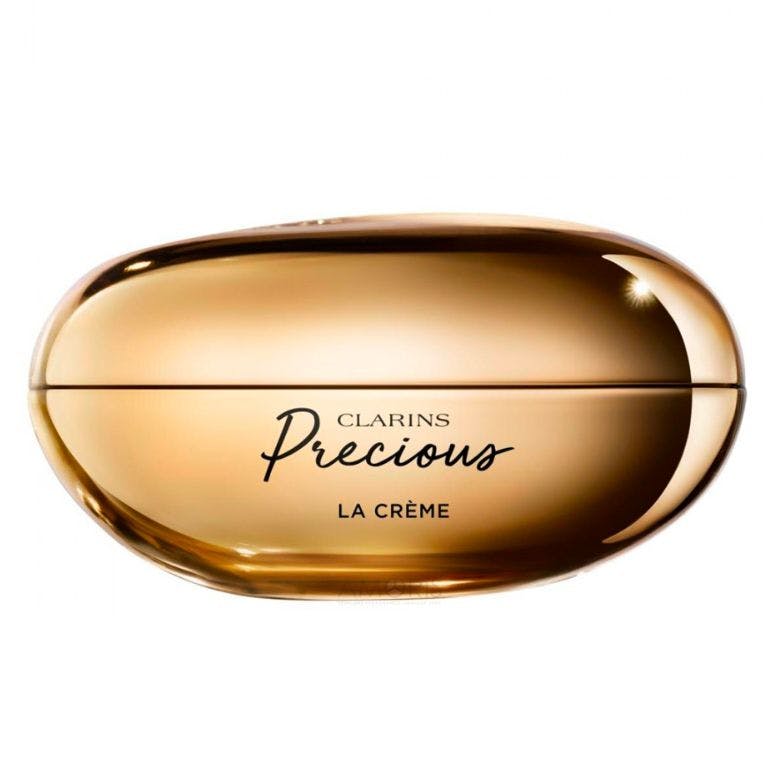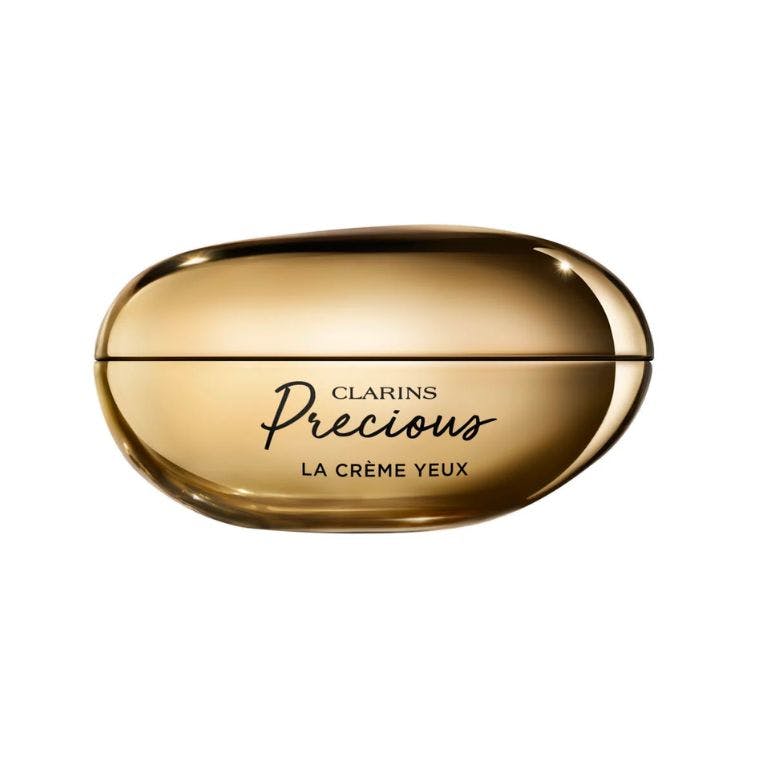Why Collagen Is So Important To Skin Survival
5 minutes read
You may think that collagen is just another buzzword in the beauty industry – but did you know that it’s a crucial element for maintaining the health and vitality of your skin? As we age, our skin naturally starts to lose collagen, leading to wrinkles, sagging, and a loss of elasticity, but fear not – as there are ways we can help reduce this depletion. Here, Beauty Daily delves into the world of collagen, exploring its benefits and how we can naturally restore and enhance it.

So, what is collagen and what does it do?
Collagen is a protein that acts as the building block of our skin, providing structure, strength, and elasticity, and plays a vital role in maintaining the firmness and suppleness of our skin. Think of it as the scaffolding that keeps our skin plump, smooth, and youthful.
Different types of collagen
Collagen typically comes in different types, but the most prevalent ones in our skin are types I, II, and III. Type I collagen is responsible for the strength and structure of the skin, while type II collagen is found in the cartilage, joints, and eyes. Type III collagen works in tandem with type I collagen to provide support and elasticity.
What does collagen do for skin?
Collagen is a multitasker when it comes to benefiting our skin. Its primary role is maintaining the skin’s structure, ensuring it remains firm and supple, and helping to improve skin hydration and plumpness. Additionally, it supports the skin’s natural repair process, aids in wound healing, and protects against external aggressors. In a nutshell? Collagen is the ultimate skin defender and protector.
The benefits of collagen for our face
There are many benefits of collagen for the face. Here are some of the main advantages:
Reduces wrinkles and fine lines
As we age, collagen levels decline, resulting in the formation of wrinkles and fine lines. By replenishing collagen levels, we can minimise the appearance of these signs of ageing, promoting smoother, more youthful-looking skin.
Improves skin elasticity
Collagen is like a spring that helps our skin bounce back. By boosting collagen production, we can enhance skin elasticity, making it more resistant to sagging and drooping.
Enhances skin hydration
Collagen can attract and retain moisture, ensuring our skin stays hydrated and plump. This hydration boost can result in a radiant, glowing complexion.
Evens out skin tone
Collagen aids in reducing the appearance of dark spots, giving your skin a more uniform and luminous look.
Promotes a smoother texture
Collagen can help refine the skin’s texture, making it appear smoother and more refined, so you can say goodbye to roughness and hello to a silky complexion.
How to restore collagen in the face naturally
While numerous skincare products and treatments claim to boost collagen, there are also natural ways to support collagen production.
Facial massage
Regular facial massages can stimulate blood circulation and promote collagen production. Use gentle, upward motions when massaging your face to boost your collagen levels.
Stay hydrated
Hydration is key for collagen production. Drink plenty of water throughout the day to keep your skin hydrated from the inside out.
Eat well
A healthy diet rich in collagen-boosting foods can make a significant difference. To support collagen synthesis, include fish, berries, citrus fruits, leafy greens, and bone broth.
Improve your lifestyle
Lifestyle factors like getting enough sleep, managing stress levels, and avoiding excessive sun exposure can contribute to collagen preservation and overall skin health.
How to use collagen for skin
To incorporate collagen into your skincare routine, consider using the following products:
Facial serums and moisturisers
Look for serums or creams that contain collagen-boosting ingredients such as peptides or retinol. Apply them to clean, dry skin in gentle, upward motions.

Try: Clarins Precious La Crème Age-Defying Moisturiser, £299, which contains moonlight flower cryoextract – a plant-based alternative to collagen that helps to achieve a radiant, glowing complexion.
Collagen-infused sheet masks
Treat yourself to a collagen-infused sheet mask session once or twice a week. The concentrated dose of collagen will deeply nourish and rejuvenate your skin.
Collagen supplements
When ingested, collagen supplements are broken down into smaller peptides and absorbed into the bloodstream. These peptides can accumulate in the skin, bones, and joints, providing the building blocks for the body to produce new collagen. Typically, type one collagen from bovine or marine sources is often recommended for general skin health and anti-ageing. However, collagen supplements are not a magic solution, and a balanced diet and good skincare habits are still essential for overall skin health.
Try: Wild Nutrition Food-Grown Complete Beauty Support, £39, which comes in capsule form and contains collagen, hyaluronic acid and provides antioxidant support to the skin. Prefer a powder? Vida Glow Natural Marine Collagen Sachets, £39, can be mixed with water or your morning juice or coffee for a hit of collagen and skin-loving goodness.
Is it OK to use collagen every day?
Using collagen-based products daily can benefit your skin, especially if you’re targeting specific concerns like wrinkles or loss of elasticity.
How long does it take for collagen to help skin?
Consistency is crucial when it comes to seeing results with collagen. While individual experiences may vary, it generally takes several weeks to months of consistent use to notice visible improvements in the skin’s texture, elasticity, and hydration levels.
Can I take collagen during menopause?
Absolutely! Menopause, in particular, is a phase where hormonal changes can affect the skin’s collagen production. Taking collagen supplements or using collagen-based skincare products can be beneficial during this time to support your skin’s health and vitality.
Alternatives to animal-based collagen
If you prefer alternatives to animal-based collagen, there are plant-based options available. Look for products containing ingredients like soy, wheat protein, or algae, which can offer similar benefits without animal-derived sources.

Try: Clarins Precious La Crème Yeux Age-Defying Eye Cream, £125, which contains leaf of life and oat extracts to boost the skin’s natural collagen production.
Next read: Everything you need to boost your collagen
Sign up for our newsletter
We will keep you in the loop for special offers, exclusive gifts and product news.

